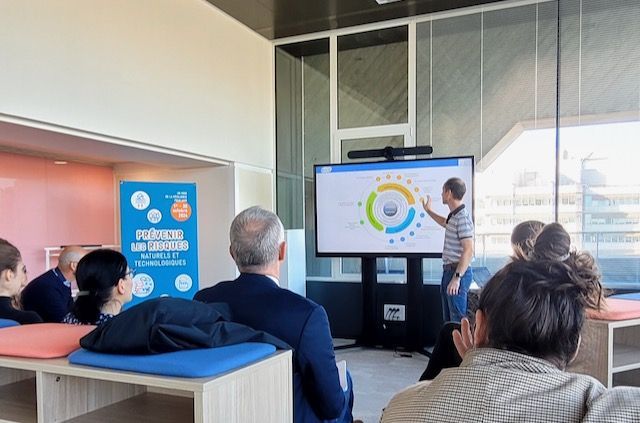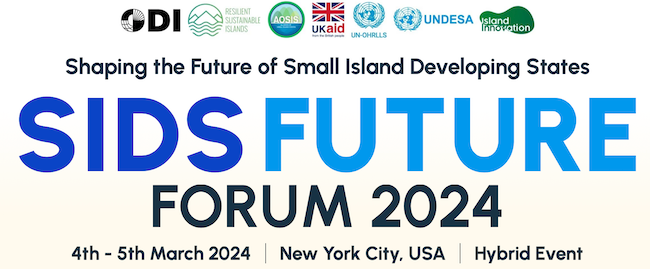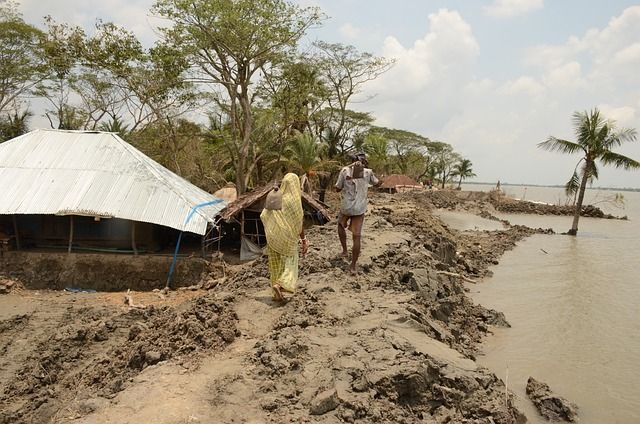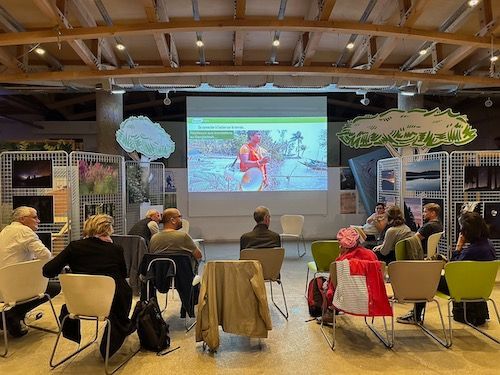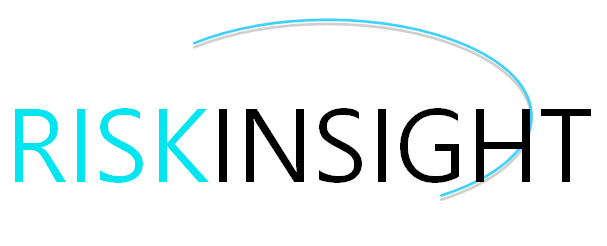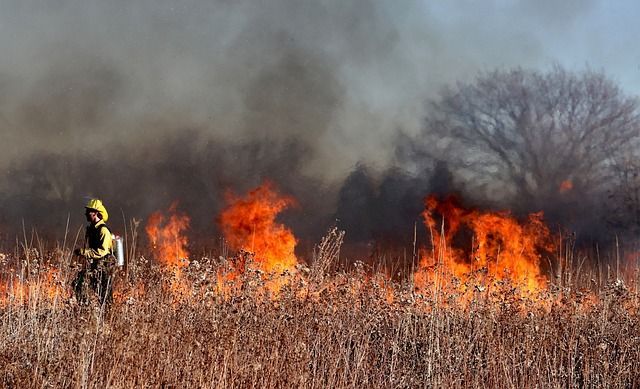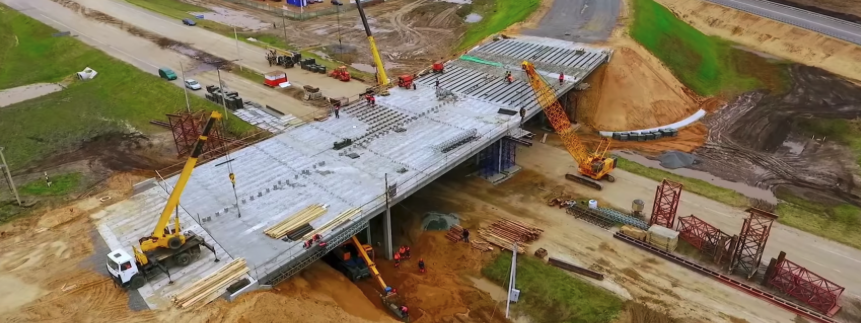Counterfactual Risk Analysis - look back to think ahead
What if the wind had blown radioactive contamination onshore when the Fukushima nuclear plant was struck by a tsunami in 2011? What if West Africa had been embroiled in civil war during 2014’s Ebola crisis?
Major global events like these could have had even more serious impacts if things had happened just a bit differently.
The same is true of other risks that turn into events, be they on a global scale or smaller.
Lloyd’s, together with modelling company RMS, have published a new report – entitled Counterfactual Disaster Risk Analysis: Reimagining History
- setting out how a type of lateral thinking, called counterfactual thinking, can be applied to look at risk. Whilst the report focuses on insurance, it is equally valid for all of us who manage risk.
The report discusses how counterfactual risk analysis – considering how historical near misses might have become major disasters or crises – can be carried out. It is a starting point for future research into counterfactual events and their characteristics.
I spoke to one of the authors, Gordon Woo, recently. Gordon described to me how this thinking can be a useful "lens" for people to apply, to learn from the past when looking forwards at how to manage risk. Using counterfactual risk analysis we can view risks in a holistic
manner, to better understand the range of impacts to achieving objectives and
targets that we set ourselves, and to decide what kind of actions we should
best undertake to work towards these objectives.This approach applies equally to business managers and people in
government and non-governmental organisations; it is not just for Risk and
Insurance practitioners. There is synergy with the concepts of a High Reliability
Organisation (an HRO) in the approach that is put forward. Using
a counterfactual risk analysis “lens” can help you to
assess the likelihood and extent of all
reasonable potential consequences in a disciplined and systematic fashion. It can be used to review
the risks you face, from your strategy formulation to detailed operational
management. Done well, it can help inform the robustness of the plans that are
being agreed.
This is a very interesting piece of work, which I encourage people to read and think about.
